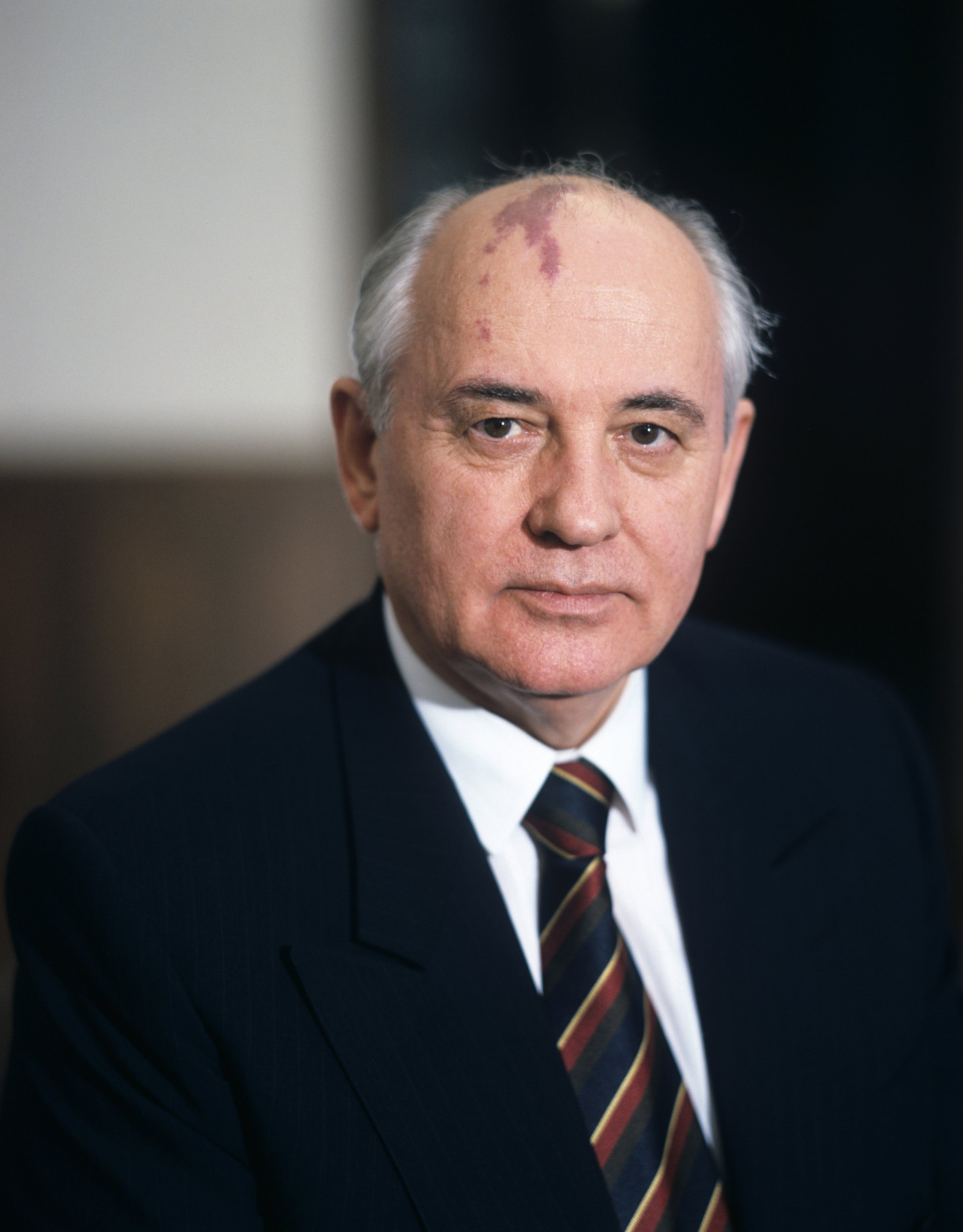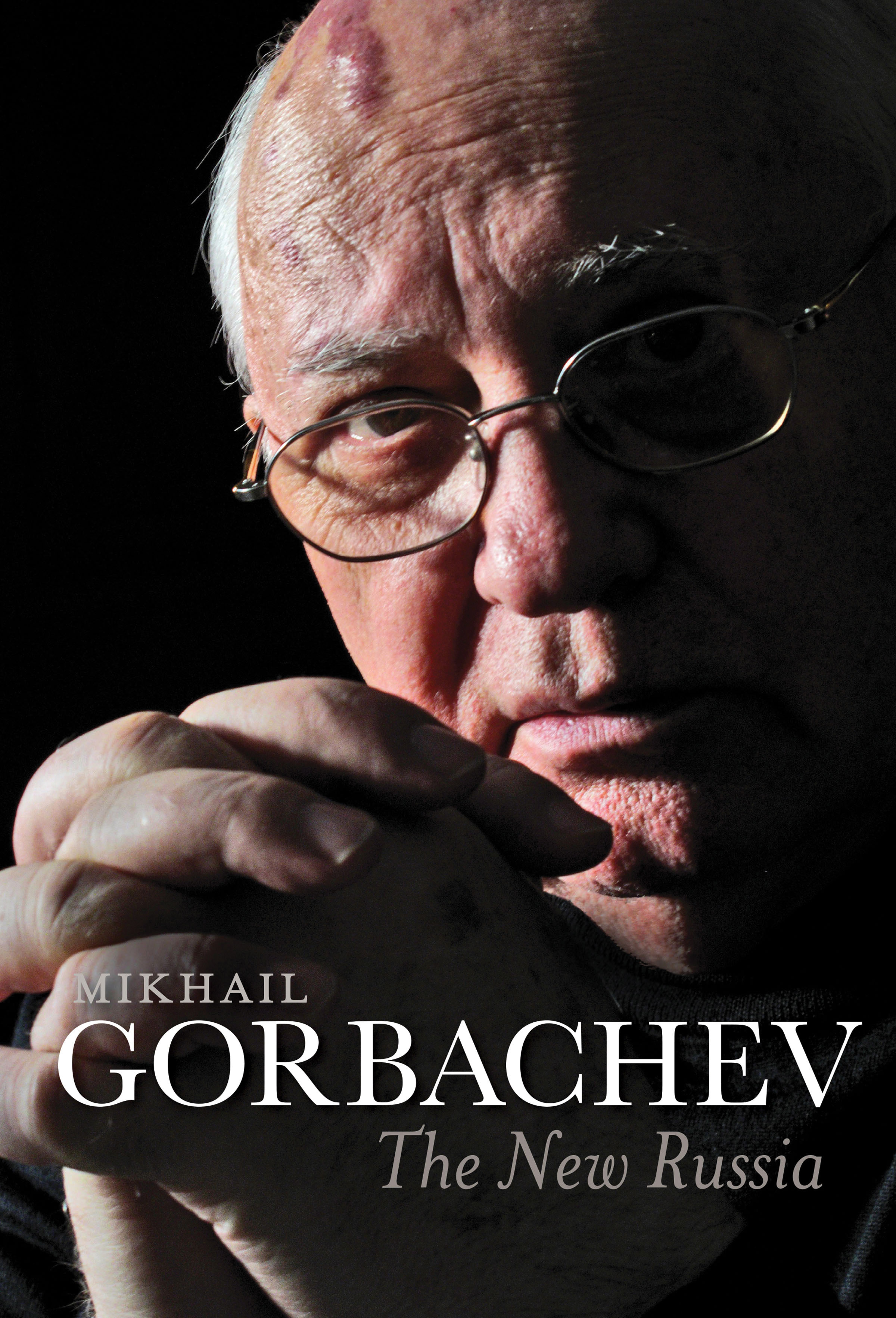
The present Russian regime need have no delusions that conservatism is a panacea for our problems, lulling themselves with the belief that for the sake of peace and quiet people will agree to put up with stagnation. They are wrong. I am increasingly convinced that all they are doing is playing for time, clinging to power for its own sake, clutching at the benefits a minority extract from the current state of affairs.
People are not blind and their patience is not limitless. They have demonstrated in protest on Bolotnaya Square and Sakharov Prospekt, demanding change. If there is none, the protests will not just be repeated but will become more radical. That is dangerous and must be avoided. Russia really does not need more turmoil, she needs change, change that opens the way to a genuine renewal of society and improvement in people’s lives.
Both the present government and Russian society face a historic choice. It is vital that both should understand that our country’s complex problems can be resolved only by means of democratic interaction between them. The rift between government and people can no longer be tolerated.
Right now it is mostly up to the authorities to make the first move. For them to carry on along the path of tightening the screws, passing laws to restrict people’s rights and freedoms, attacking the media and civil society organizations is destructive and will ultimately lead nowhere.
I forget exactly when I read an article in Komsomolskaya Pravda that gave statistics about the ascent of Everest. But the numbers were startling: of 1,500 people who have made it to the top, some 200 have died, most on the first section of the descent.
Those who reach the summit do not always find their way back down.
A new phase was beginning in the life of Russia, and in my own life too, after I left the Kremlin. I had no illusions: it was going to be difficult, hard. As the economy’s problems worsened, it was wholly predictable that the politicians would be looking for a scapegoat. I was the perfect candidate. A deluge of lies and slander rained down on me.
What helped me through those first months? Why did I not buckle under the strain? I had the support of firm principles to which I was committed, I was tough, and in the course of my life I had learned how to fight.
Then, I had the support of those close to me, primarily my wife Raisa and my whole family. I had the support of friends and allies from the years of perestroika, and others who became friends later. These people helped in my work and new projects for love of what they were doing, not money.
Above all, what kept me going was the certainty that perestroika had been essential and that, having taken on a far from easy burden, we were bearing it with dignity. For all the mistakes and failures, we had led our country out of a historical impasse, given it a first experience of freedom, emancipated our people and given them back the right to think for themselves. We had ended the Cold War and nuclear arms race.
Speaking on Echo of Moscow radio, I said I considered Vladimir Putin’s decision to run for a third presidential term to be a mistake. A regular changeover, a periodical renewal of the political establishment was essential and Putin could have set an example. “New people would appear who could move the process on. He would be leaving a legacy with much that was positive.”
Oh, dear, that put the cat among the pigeons! United Russia stalwarts, rancorous Internet trolls, professional political fixers, the whole motley crew took as one to berating Gorbachev, as if I had said something subversive and “un-Russian.” The first months of 2012 persuaded me that the state authorities were incompetent, scared of conducting an honest election campaign.
Pressurizing and megaphone diplomacy are unacceptable in relations between countries. We know from the Cold War period where that leads. What all countries have an interest in is a calm atmosphere, dialogue and cooperation. We need to trade, to exchange technology and knowledge. In isolation, no country can consider itself secure.
It took me a whole life to grow from writing that essay in tenth grade on ‘Stalin is our military glory’ to understanding the need to rid ourselves of Stalinism, of his entire legacy, of totalitarianism, of our one-track way of thinking. Today too we need to free people from fear of the state, because until we do we cannot have a democratic state. That fear never completely left us and now it has come back again.
The closer the parliamentary and presidential elections come, the more evident is the desire of a section of the Russian political elite to restrict and reduce the participation of citizens in the political process. Instead of involving people in politics, in the taking of vital decisions by availing themselves of their constitutional rights, we see attempts to limit their participation in the affairs of the state and to regulate it to the point where it ceases to be effective or even to make sense.
Analyzing the current difficulties of our democratic processes brings us back to the eternal Russian question: what is to be done? The first priority is to recognize that with the current legislation in place it is impossible to hold genuinely democratic elections and ensure genuine participation by the people in the political process.
There is still time to put matters right. I believe the president, with his ability to veto, should now make use of his powers and great authority. Decisive action on his part could transform the situation. Much depends at this time on him alone. I am sure the president’s actions will be supported by the citizens of Russia.
Ultimately it is for all of us, the people of Russia, to decide whether the country develops in the direction of real involvement of citizens in public affairs or whether the model of paternalistic bureaucratic guardianship prevails. I have no doubt that Russia deserves the former.
Yes, of course we need stability, but the stability of democracy, achieved through dialogue, through the contending of responsible political forces, through allowing the advocacy of competing programs.
We do not have that, although we came part of the way, halfway, maybe less. If we do not go on, we may slide back and later be forced to discover the road to democracy all over again. We will lose momentum, we will lose time and that, in today’s world, is dangerous. Our neighbours in a globalized world have made the leap or are preparing to do so.
We cannot afford to lag behind. Without political modernization, we will be mired in the past and drift downwards in the international league table.
We need now to realize that we are facing a wave of social problems that will determine Russia’s future, the situation in education, healthcare and other areas. If we cannot find solutions to these problems, Russia will not modernize. We need a different program from that advocated by Putin.
I have criticized Putin for bumptiousness. I respect him as a political leader and a person, but I believe his current policies are an obstacle to progress.
The 2000s, creating an illusion of stability and prosperity, were a period when Russia’s natural resources were squandered.

The regime locked itself in a bunker and erected an impenetrable shield consisting of all manner of trickery, abuse of state administrative resources and hypocritical legislation that makes a change of regime impossible. Russia is being pushed back to the Brezhnev era, forgetful of how that period ended. People trust the regime less and less, are losing hope in the future, and are humiliated by poverty and deepening social divisions, unlike a celebrity set who are rolling in money.
Another five or six years of this and Russia is unlikely ever to be able to escape from this dead-end situation.
How is Russia to get out of it? It would be naive to imagine that economic reform alone will suffice. In any case, that is not going to happen without a root-and-branch transformation: without ridding our electoral system of phoney, unjustifiable restrictions whose sole purpose is to enable the current ‘elite’ to rule in perpetuity; without establishing an independent representative branch, an independent judiciary and independent local government; without freeing the media; without civil society.
In Russia today the executive branch lords it over society, beholden to no one. The president can appoint his successor, extend or renew his authority using rigged elections. With the presidency in that state we have no grounds for optimism that the other branches of government will function normally or that civil rights will be respected. A system of appointment from above has replaced free elections.
Those responsible for the current situation in Russia are incapable of initiating real change for fear they would undermine their own power. There is no precedent in history for a failed system being reformed by those responsible for establishing it.
Russia has a vital need of free and fair elections and political competition. Election to power and timely replacement of those in power is a prerequisite for a modern society to develop normally. They will be possible in Russia only if there is a radical overhaul of the current system and its supporting pillars.
A change of government while retaining the old rules will result only in one clique being replaced by another, and meanwhile the caravan will continue trundling towards the precipice.
Russia will have to be reformed in a difficult domestic and international environment, but there is no other way: every aspect of society needs transformation. We need to lay the foundations for a state and a system that will serve society and not vice versa. It will be the first time this problem has been solved in the history of Russia, and today nobody has a ready blueprint of how to do it. That is why a wide public debate is needed on how to build a new Russia.
Any such discussion was, however, the last thing the authorities of the Russian state wanted.
We in Russia have not yet found the ‘algorithm’ for stable democracy, but that is not some sort of fate hanging over the country. Even less is it the result of ‘historical inability’ or unreadiness of our people for democracy. ‘Democracy is not for Russians.’ Whether that claim comes from the right or the left, it is still balderdash.
The Russian people in the course of their long history have incorporated and defended vast territories, given the world outstanding politicians, thinkers, writers, composers and artists. We are a talented people, capable of great feats of endurance and dogged, routine hard work. Russians, both at home and abroad, achieve enormous success when they are able to work in normal conditions.
What is needed to bring out the talent and abilities of our people to the full? The answer is obvious: we need to improve relationships within society, and we need to improve the political system.
We need strong presidential authority. In Russia, it is crucial that people should trust the president and be able to believe him. Yes, Russia needs a strong leader, but not a Führer, not a Stalin.
Translated by Arch Tait. Adapted from The New Russia, copyright © 2016 by Mikhail Gorbachev. First hardcover edition published May 23, 2016, by Polity. All rights reserved.
More Must-Reads from TIME
- How Donald Trump Won
- The Best Inventions of 2024
- Why Sleep Is the Key to Living Longer
- Robert Zemeckis Just Wants to Move You
- How to Break 8 Toxic Communication Habits
- Nicola Coughlan Bet on Herself—And Won
- Why Vinegar Is So Good for You
- Meet TIME's Newest Class of Next Generation Leaders
Contact us at letters@time.com